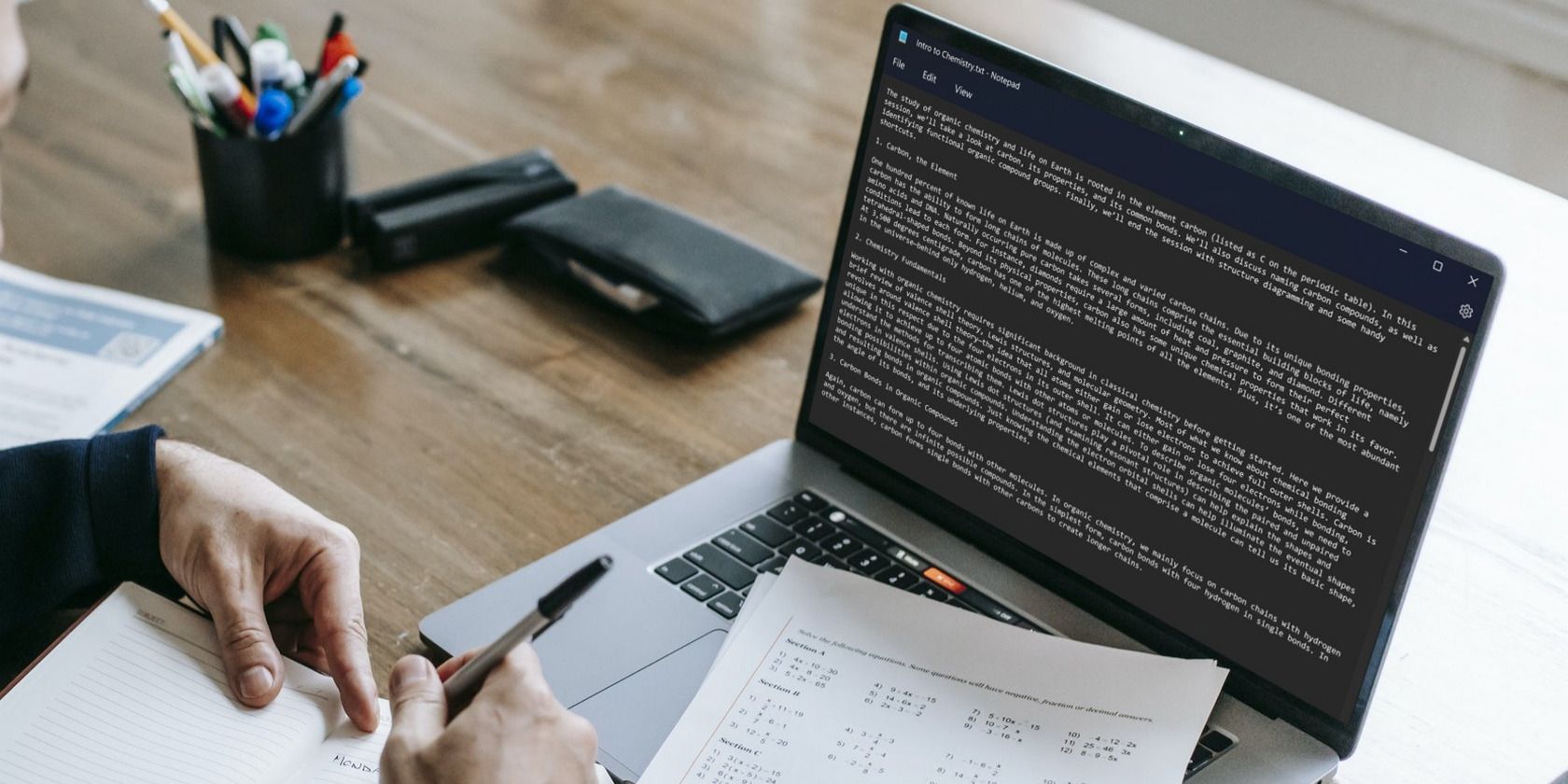
Beyond Coding Skills: Embracing Linux for Everyday Use and Its Unmatched Reliability

Beyond Coding Skills: Embracing Linux for Everyday Use and Its Unmatched Reliability
You don’t need to be a programmer to use Linux. It isn’t as technically daunting as people make it out to be. In reality, it’s super user-friendly, highly customizable, and offers many unique features to enhance your workflow, whether you’re a techie or not.
Do You Need to Be a Programmer to Use Linux?
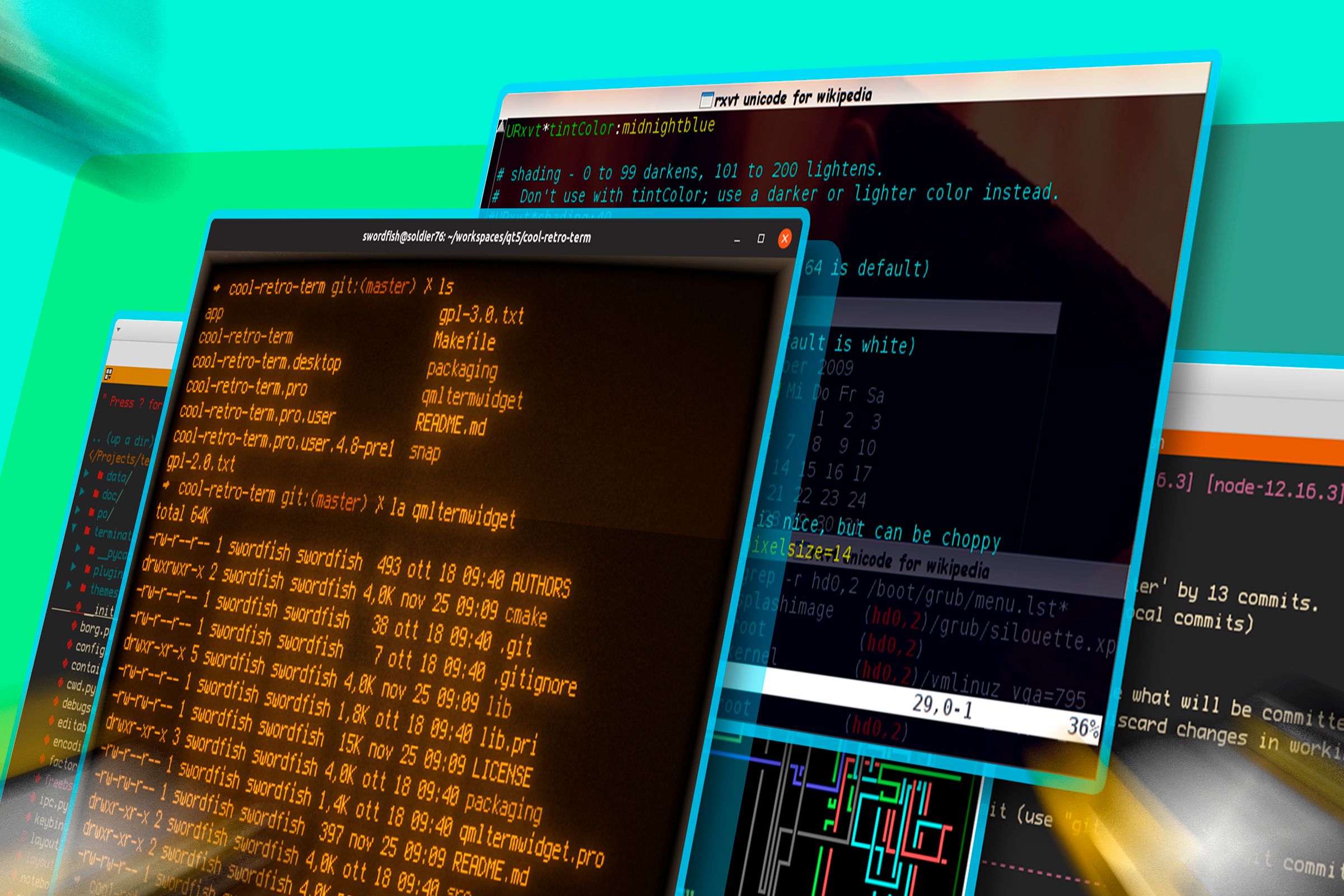
Lucas Gouveia / How-To Geek
The misconception that Linux is only for programmers stems from its early days—back in the 1990s when Linux was primarily targeted at programmers and technically skilled users who could contribute to its development. However, over the past 30 years, Linux has evolved significantly. Modern-day Linux is as user-friendly as Windows or macOS.
You don’t need to know how to code or possess advanced computer science knowledge to use Linux. You can do all your everyday tasks, such as browsing the web, playing video games , and creative tasks, without ever touching the terminal .
I Am a Writer-Marketer Who Uses Linux
I am not a programmer, but I am acquainted with programming concepts as I studied computer science in college. However, that’s a decade-old story. Today, I couldn’t tell you a proper algorithm or write a working line of code if my life depended on it.
For the past eight years, I’ve been a tech writer and marketer focused on B2B SaaS. And for the better half of this period, I have been using Linux as my daily driver. Whether drafting articles, managing social media, or conducting SEO research, Linux handles it all seamlessly.
Sure, being tech-savvy helps—which, by the way, is equally valid for Windows and macOS—but it’s not necessary. Linux doesn’t demand technical aptitude or computer science knowledge for normal day-to-day use cases.
Why Do I Use Linux as My Daily Driver?
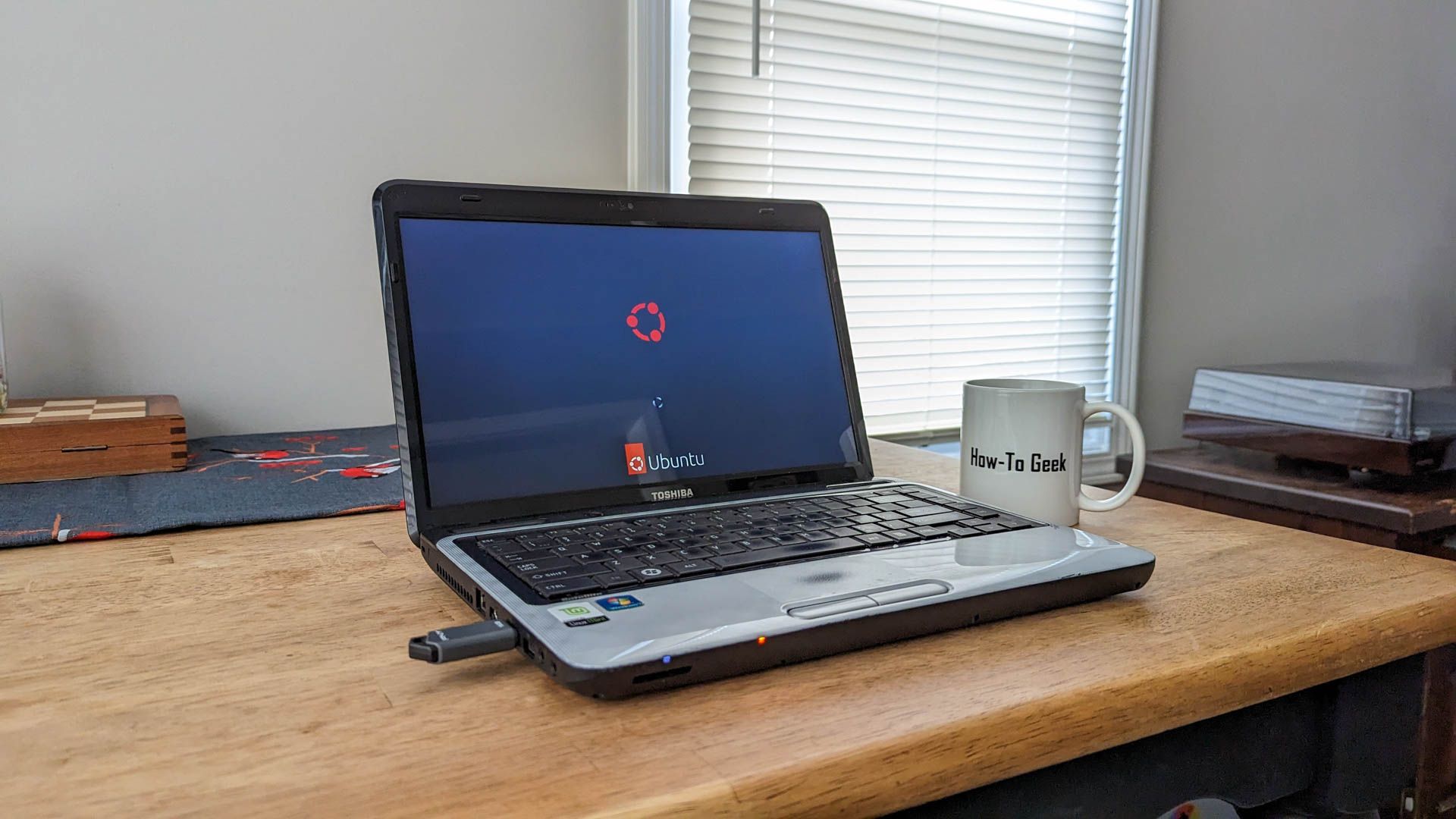
Jordan Gloor / How-To Geek
All the tools I need for my work are web apps I can access through any browser. This means the operating system I use doesn’t really matter much to my workflow. However, I found that Linux offers some particular advantages that make it my preferred choice.
Lightweight and Portable
One of the biggest advantages of Linux is its lightweight nature. Unlike Windows, which requires at least 8GB of RAM and a fairly decent processor to run smoothly, Linux is much more flexible. You can use it on older hardware without any issues.
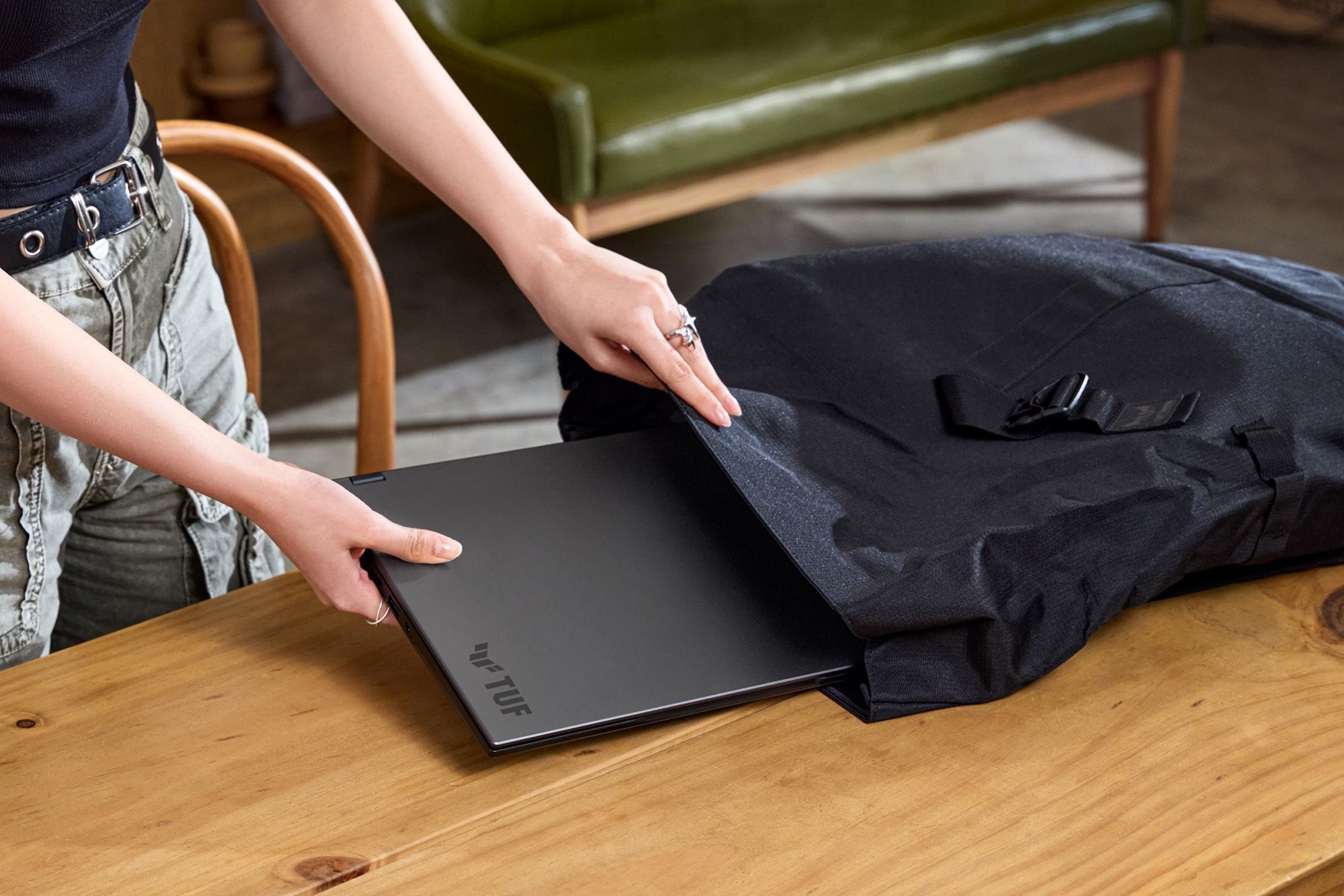
ASUS
Additionally, Linux offers the option of a persistent live USB . This allows you to carry your entire Linux installation on a USB stick and plug it into any computer, e.g., an internet café in a distant place, and get your entire setup running. This level of portability is extremely useful for people who travel a lot and don’t want to carry an expensive laptop with them.
Unparalleled Customizability—It’s Truly Your Personal Computer
You haven’t experienced customization until you’ve experienced Linux. It’s not just about tweaking the colors and changing the wallpapers. Linux lets you dive deeper into how everything works and tweak it to your liking.
It’s also super easy to make these tweaks and customizations. You can completely revamp the user experience of Ubuntu using GUI apps alone .
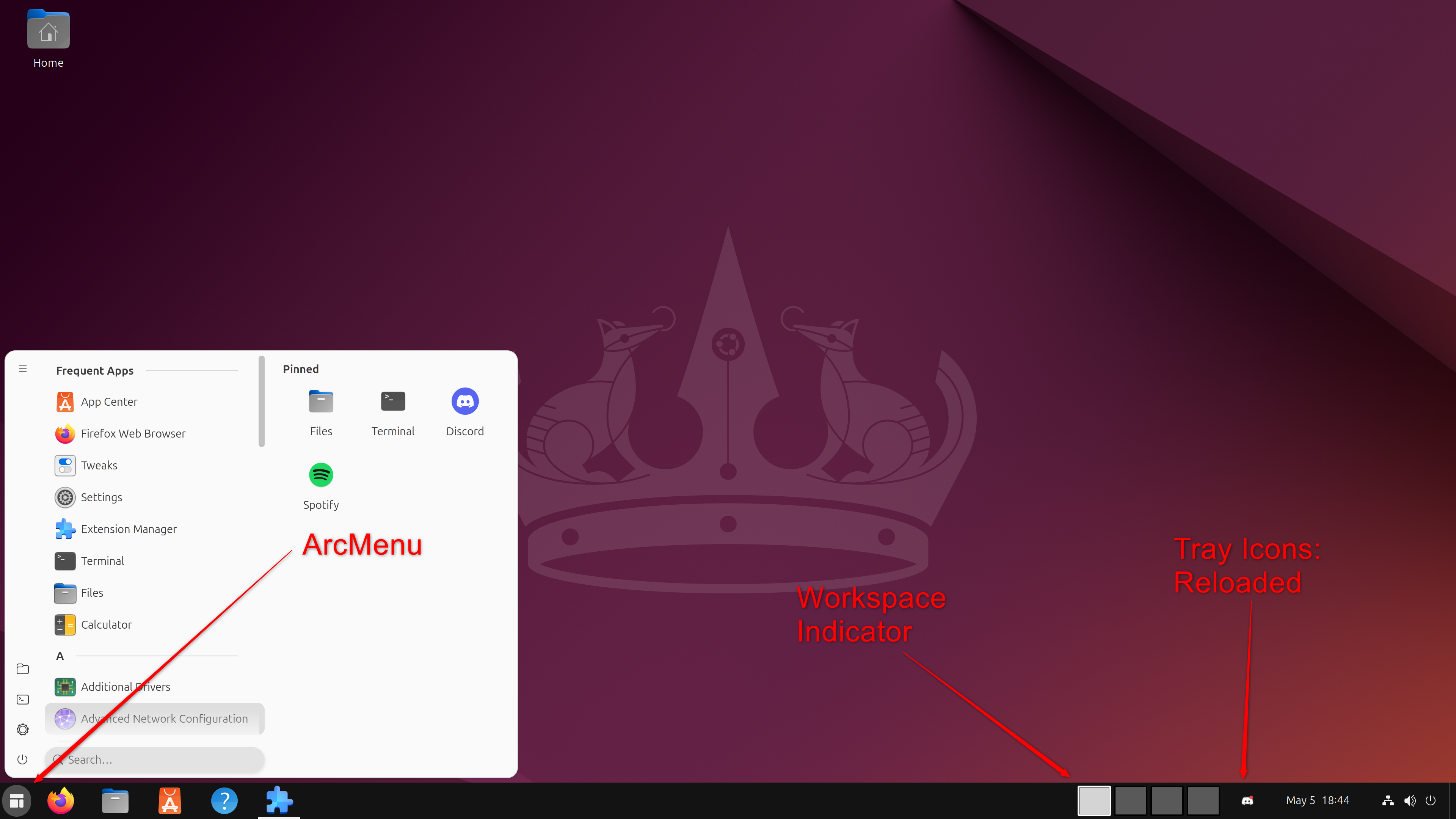
And I personally swear by KDE Activities—a unique feature that lets you create custom workspaces for your different workflows . Each workspace or activity is complete with its own set of pinned apps, widgets, and custom shortcuts. It’s a godsend for multitaskers and people juggling multiple projects on their PCs.
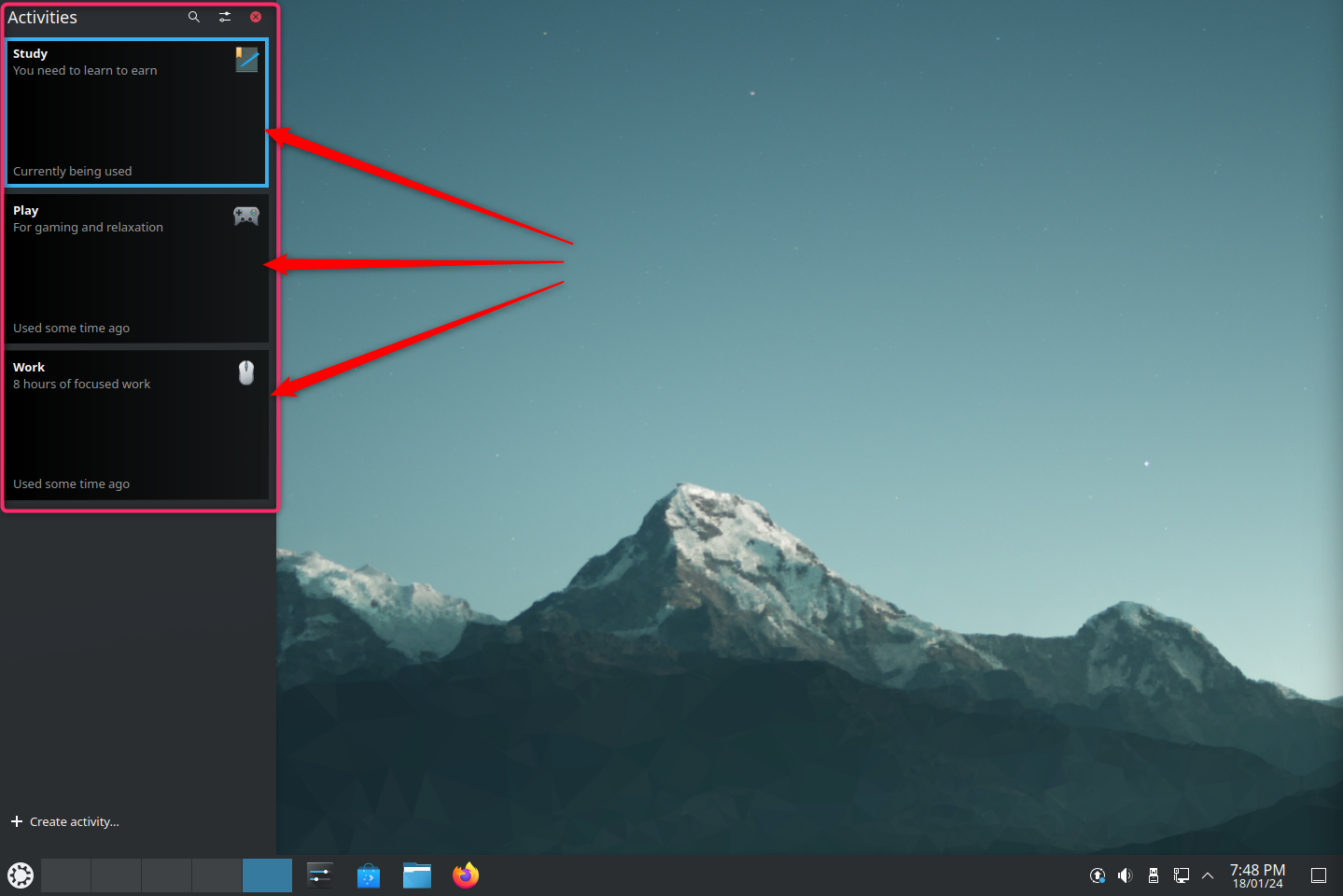
With Linux, you don’t need to worry about changing how you work to fit your PC’s restrictions. Instead, you are getting a true personal computer that you can tweak and optimize to your unique workflow.
Increased Job Opportunities
Linux is not just an operating system—it’s a valuable skill. If you’re familiar with Linux —which you will be if you use it as your main system—people will be looking for your expertise.
Knowing basic Linux, at the level of a desktop user, has helped me land multiple Linux-focused gigs. If you’re in the tech industry or want to pivot into tech, learning Linux is an easy way to open doors to new opportunities or increase your marketability for relevant positions.
What Is My Problem With Windows or Mac?
Until 2017, I was predominantly a Windows user. It wasn’t that I liked Windows but because it was the default option. I never owned a Mac, but used one of my friend’s MacBook Air—found the experience too restricting, and never bothered with it.
My journey with Linux began when I was working on a project that required Ubuntu . I found Ubuntu’s user interface very unique and charming. It was the first time in my life that I learned I actually have a choice regarding which operating system I use.
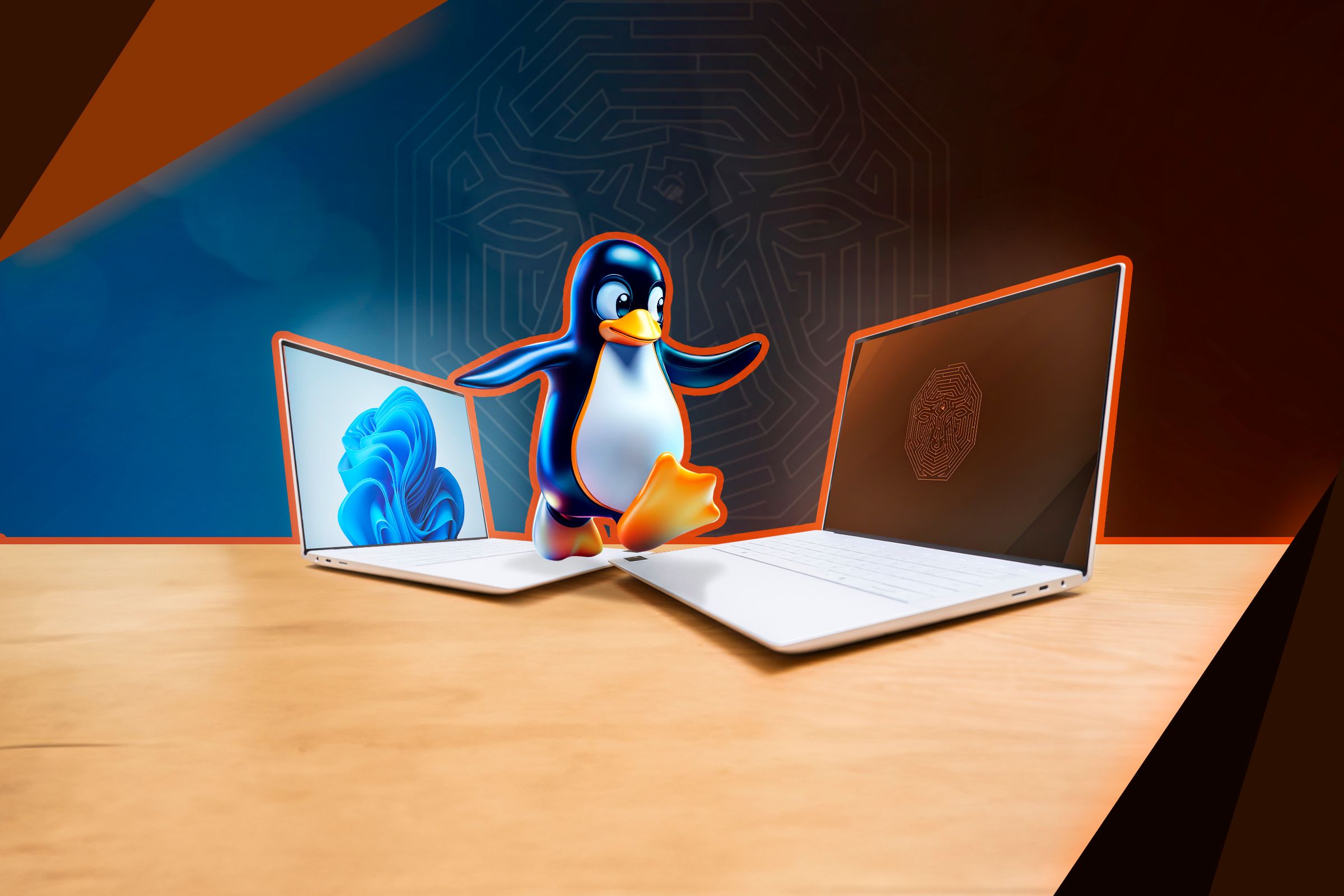
Lucas Gouveia / Jerome Thomas / How-To Geek
I soon dual-booted my Windows system with a copy of Ubuntu 16.04 and started experimenting. Today, I have a Windows partition that’s just collecting virtual dust on my SSD, as I use my Linux PC for everything. The only reason I keep it is because some projects require access to Windows-specific tools.
Too Expensive—Even the Hardware
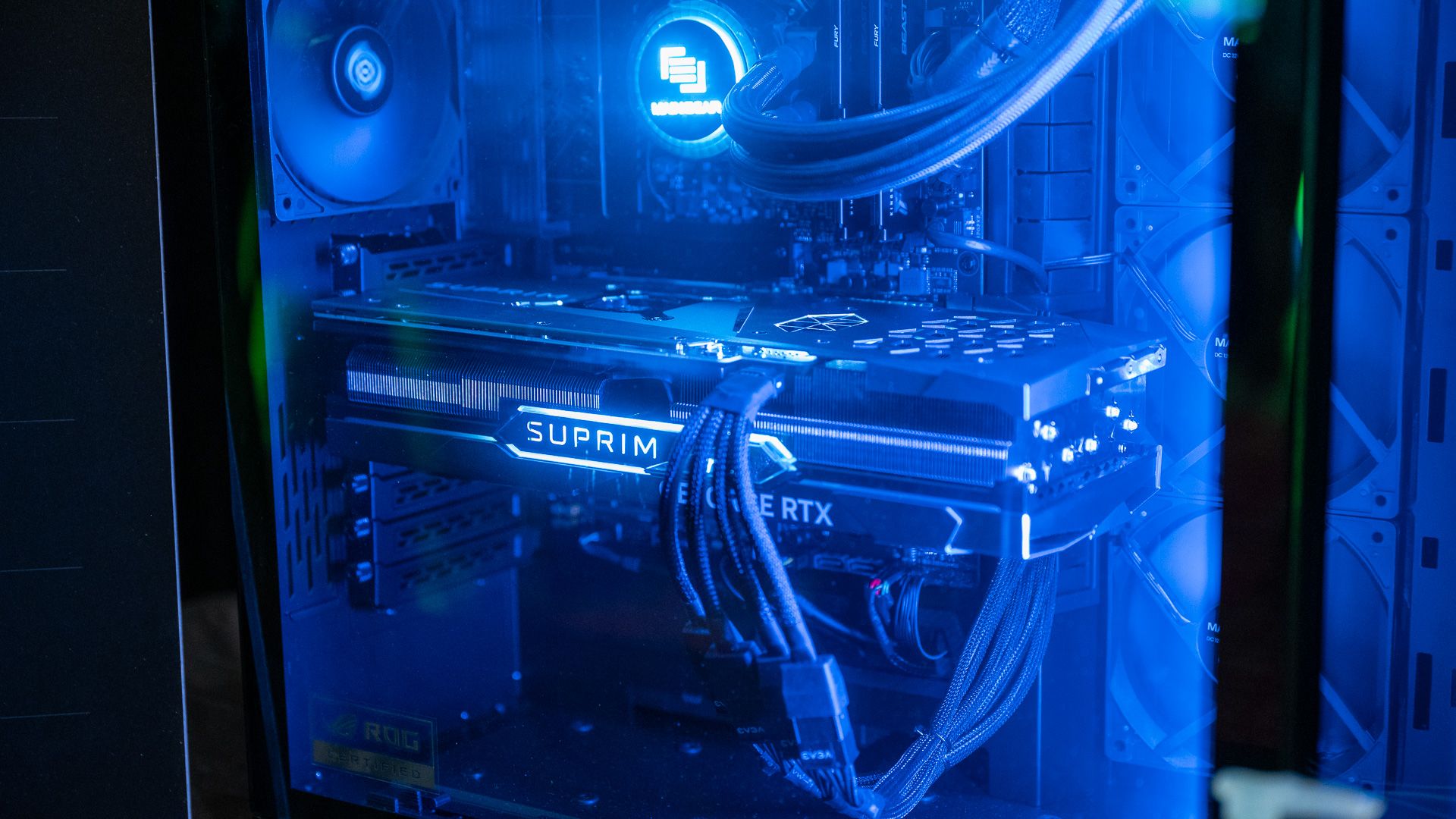
Justin Duino / How-To Geek
I am not talking about Windows being a paid software—which it is, but it’s such a heavy operating system that it requires powerful (read expensive) hardware to run smoothly.
You need a minimum of 8GB of RAM and a fairly recent CPU to do any kind of professional work at a non-jittery pace. This means that if you want to have a secondary PC or laptop, you’ll need to pay a premium for that too.
Linux, on the other hand, can easily boot up on a 10-year-old laptop with just 2GB of RAM, and work fine. This makes it the perfect OS for my secondary devices that I can carry places without worrying about accidental damage.
The Routine Persistent Updates
Windows has always had an update problem. It sometimes automatically starts downloading an update, eating into your internet speeds. If you’re running a low-spec system, the update process can even slow down your PC to a crawl. Then, after downloading the updates, you need to restart your PC—a process that can also take a long time depending on your hardware.
Imagine how frustrating it can be when you are in the middle of a project, and Windows has to update itself. Sure, you can delay an update , but it’s just for five weeks.
What if you have a project running when you just can’t afford to shut down or restart your PC for two months—yes, I have worked on such projects. In these cases, using Windows is a nightmare. Linux, on the other hand, gives you complete control over updates. You choose when to download and install them, ensuring your workflow isn’t interrupted.
Everyone Is Using Windows or Mac
This reason might not be the most pragmatic, but it’s still worth mentioning. When you’re at a coffee shop, on a train, or on a plane, and you open your laptop, and it looks like the image below, it’s going to attract some eyes.
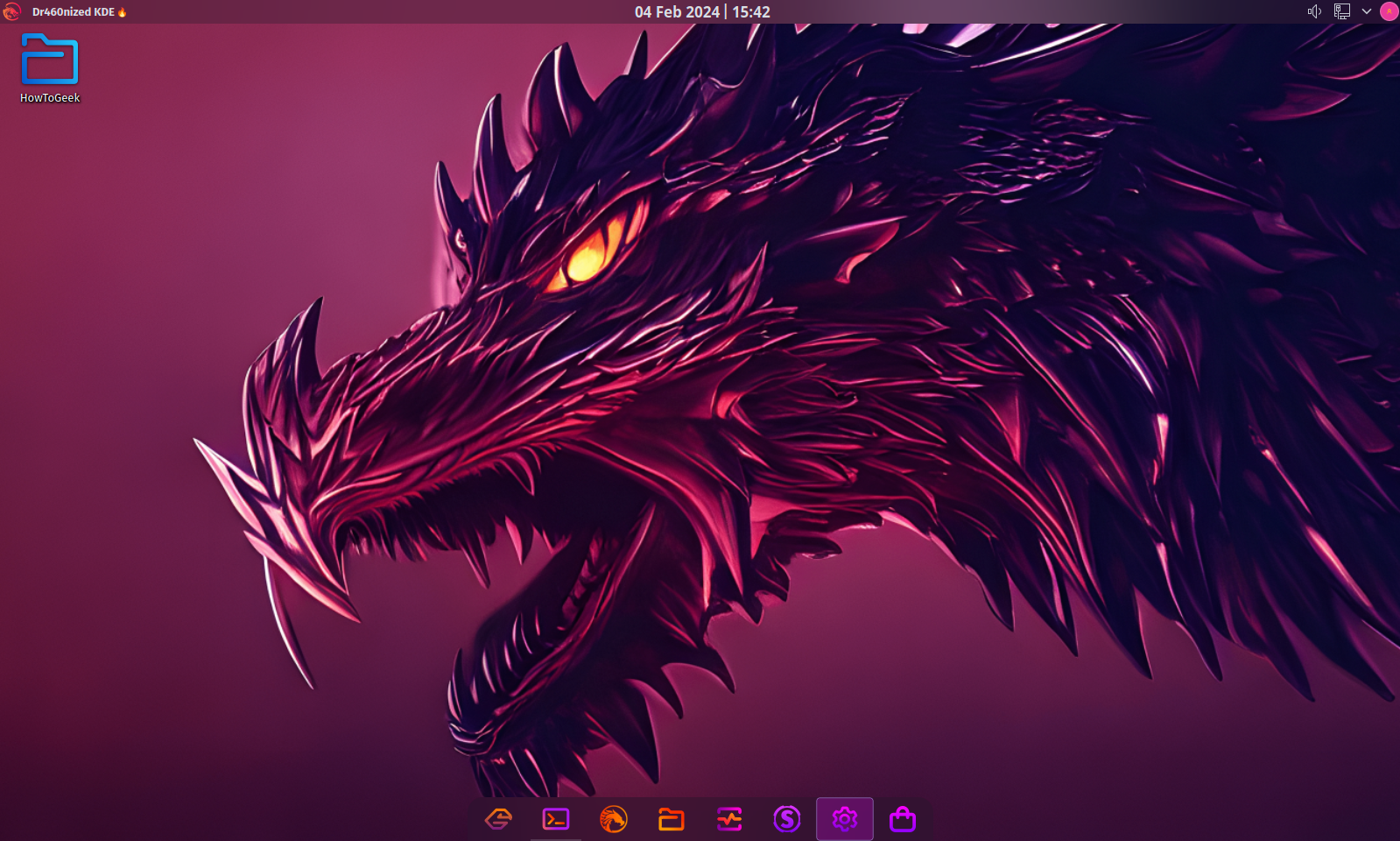
It’s a great way to show off that you’re a techie. It can also be a great conversation starter, especially with fellow tech enthusiasts. Granted, sometimes, you want something more covert that looks familiar enough not to attract any attention. Thankfully, you can also tweak Linux to make it look like a Windows 10 PC , no problem.
Linux offers tons of quality-of-life features that make it an amazing operating system for both programmers and non-technical professionals alike. Its sheer flexibility and customization options, support for older hardware, and small footprint make it a tool that you can adapt to your unique needs and workflow.
Also read:
- [New] 2024 Approved Flip Order 3 Easy Steps to Rewind Youtube Listeners
- [New] 2024 Approved From Empty Screens to Thriving Content Why No One Watched Your Video
- [New] In 2024, How To Convert YouTube Tracks to MP3 Safely - The 3 Best Ways
- [New] In 2024, How to Forge Strong Content Partnerships on YouTube
- [New] In 2024, Quick Fame Quest - Mastering Content, Video, and Likes
- [Updated] Best Approach for Managing CC Rights & Usage for 2024
- [Updated] How To Embed A YouTube Playlist On a Website for 2024
- [Updated] In 2024, From Script to Screen Crafting Your Unique YouTube Tale
- [Updated] Maximizing Impact with Customized Youtube Audiences
- 2024 Approved Pixel to Passion Unlocking New Forms of Entertainment with VR
- Download ASUS Realtek Sound Card Software - No Cost
- F1 2021 Game Stability Issues: How to Fix the Recurring PC Crashes
- Speedy Techniques for Converting SRT Files Into Text Format
- Title: Beyond Coding Skills: Embracing Linux for Everyday Use and Its Unmatched Reliability
- Author: Jeffrey
- Created at : 2024-11-13 00:25:26
- Updated at : 2024-11-19 16:54:35
- Link: https://eaxpv-info.techidaily.com/beyond-coding-skills-embracing-linux-for-everyday-use-and-its-unmatched-reliability/
- License: This work is licensed under CC BY-NC-SA 4.0.